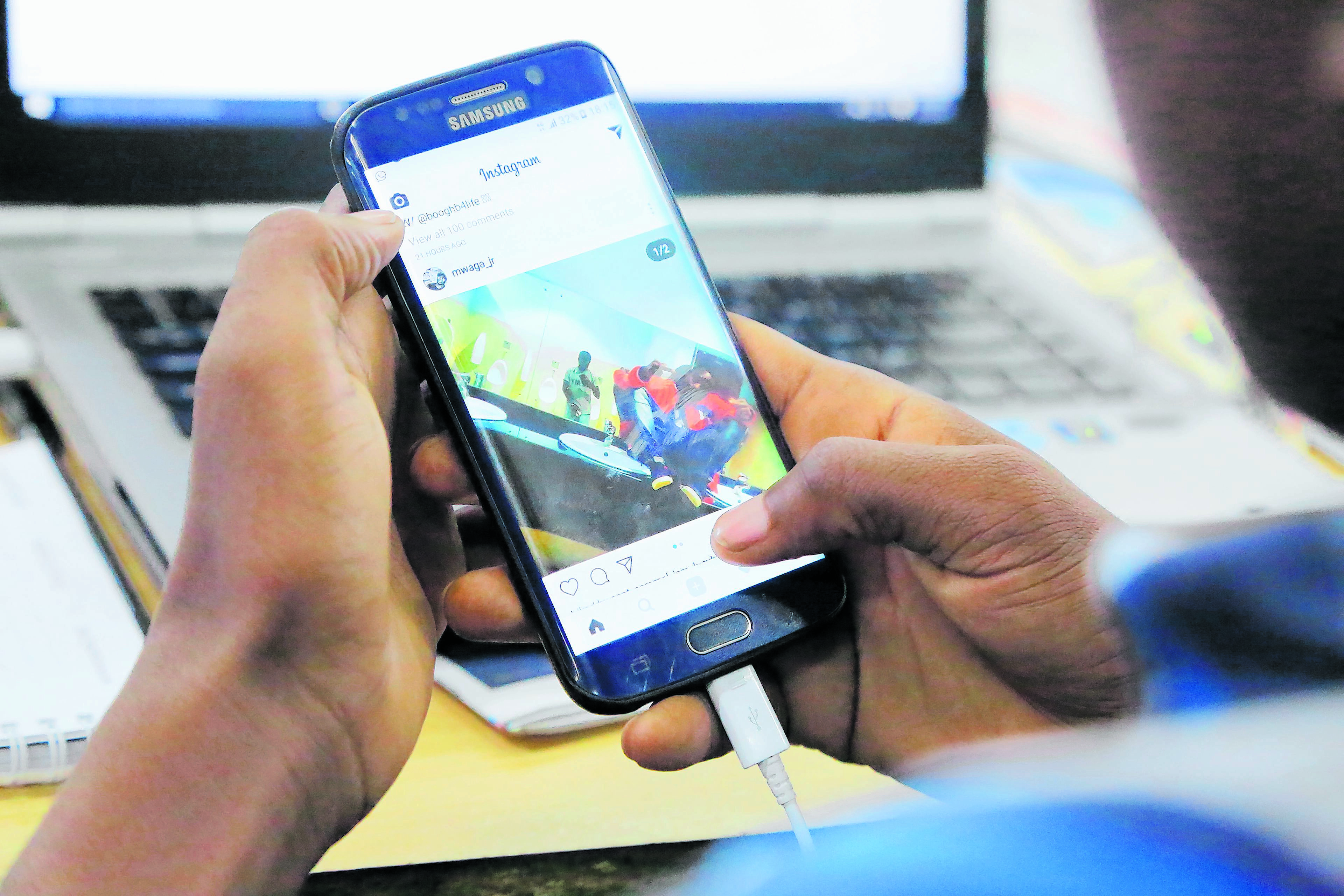How the Covid-19 pandemic fomented internet addiction

At the beginning of last year, when the pandemic shook the world, global internet traffic rose by half. PHOTO | FILE
As of March last year, more than half of the world’s population was routinely using the Internet. This number grew by a million users daily. At the beginning of last year, when the pandemic shook the world, global internet traffic rose by half. This increase was far higher than the projected 28 per cent.
Africa continues to lead in the regions experiencing the fastest growth in the use of the Internet.
Internet-reliant digital platforms for communication, business, and entertainment such as Facebook video calling services went up two-fold, and Netflix received 16 million new subscribers. The increase was remarkable in other similar internet platforms.
Physical isolation due to lockdowns and limited movement caused a lot of psychological turbulence. Excessive use of the Internet during this period has resulted in dysfunctional behaviour.
A growing body of evidence suggests an unprecedented increase in consumption of online pornography in the pandemic period. One hypnosis is that the pandemic pushed people to the Internet. Overindulgence on the Internet lured many to seedy sites, and many got hooked.
Internet, by itself, is an enabler. It is an empowering tool that enables its users to learn, earn, and be entertained, especially when we can’t congregate in social places due to the fear of contracting Covid-19.
The emergent studies underline how the Covid-19 pandemic continues to cause an immense psychosocial strain worldwide, especially among young people.
With online classes replacing face-to-face education for the young population, the time spent on digital devices hugely increased. It was hard for their parents to control their use, partly because children are generally smarter in technology than their parents, and there are seemingly limited options to keep the youngsters engaged indoors.
The closure of schools and other educational facilities posed a significant disruption to daily life and is a source of stress for children and their families. As a result, children’s interactions with their peers reduced, which further induced social isolation and loneliness.
Sadly, people with a history of addiction and substance abuse are the most likely victims of internet addiction. These are individuals preconditioned to use harmful substances to tame anxiety, depression, or insomnia through excessive use of tobacco, alcohol, or other drugs. The pandemic created a salient environment for them to relapse if they had already won the battle over addiction. Further, a limitation on outdoor play and socialisation turned many to digital gadgets for recreational purposes. Thus, online gaming, gambling, and unmetered time on the Internet are unusually more attractive during the ongoing pandemic season. It is difficult to quantify the magnitude of internet addition and allied problems accurately, but it’s a significant one.
Without intervention, the post-pandemic world will have to deal with the long-term effects of Covid-19 and a legion of psychologically ill patients.
SamWambungu is an Inforrmatician [email protected]
Twitter: #Samwambugu2





